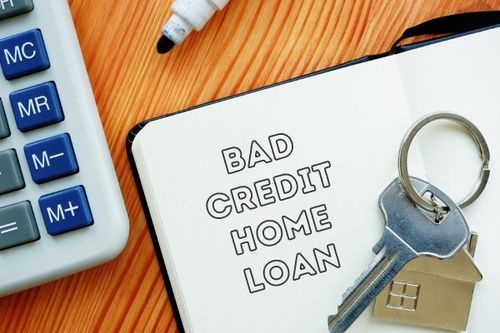It’s a common refrain these days to hear people complain aboutbeing victims of bad lending practices. While it’s true that there are lendersout there who engage in unscrupulous behavior, it’s also true that many peoplewho find themselves in financial trouble are simply victims of their own poorchoices.
Before you jump to the conclusion that you’ve been taken advantage of by a predatory lender, it’s important to take a step back and honestly evaluate your own financial situation. Ask yourself some hard questions:
1. Did you fully understand the terms of the loan you took out? Did you read the fine print, or did you just sign on the dotted line without really knowing what you were getting into?
2. Did you shop around for the best possible deal, or did you go with the first lender who offered you a loan?
3. Did you borrow more than you could realistically afford to pay back, or did you take on debt without having a clear plan for how you would repay it?
4. Did you miss payments or default on your loan, even though you had the means to pay it back?
If you answered”yes” to any of these questions, it’s important to acknowledge thatyou may have contributed to your own financial difficulties. While it’s true thatsome lenders engage in deceptive practices, the reality is that they wouldn’tbe in business if there weren’t people out there who are willing to take onmore debt than they can handle.
Of course, this isn’t to saythat you should never trust a lender. There are many reputable lenders outthere who are committed to treating their customers fairly and transparently.However, it’s up to you to do your due diligence and make sure that you’redealing with a lender who has a track record of treating their customers well.
So, if you’re struggling with debt, don’t automatically assume that you’re a victim of bad lending. Take a hard look at your own financial choices and behaviors, and be honest with yourself about where you may have gone wrong. By taking responsibility for your own situation, you’ll be better equipped to make positive changes and get yourself back on the road to financial stability.

